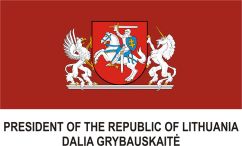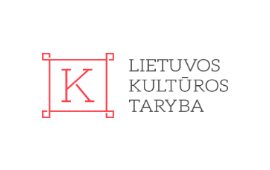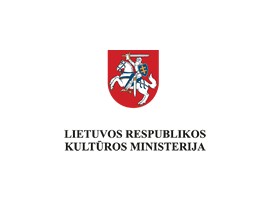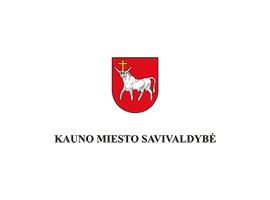12th Kaunas Biennial | June-September 2019
AFTER LEAVING | PRIEŠ ATVYKSTANT
 Traveling used to be romanticised. A long journey used to be compared to the symbolic journey through life. There are numerous proverbs about journeys and traveling, both in the physical and spiritual senses. It is said that a journey is an antidote to prejudice, blind attachments, and narrow-mindedness. That the aim of traveling is to reshape your imagination after the reality you have seen. There is a Chinese proverb that a good traveler has no fixed plans and is not intent on arriving.
Traveling used to be romanticised. A long journey used to be compared to the symbolic journey through life. There are numerous proverbs about journeys and traveling, both in the physical and spiritual senses. It is said that a journey is an antidote to prejudice, blind attachments, and narrow-mindedness. That the aim of traveling is to reshape your imagination after the reality you have seen. There is a Chinese proverb that a good traveler has no fixed plans and is not intent on arriving.
Not only is traveling romanticised. There are people who travel to discover themselves and the Other. There are people who run away from death and violence. This is how it has been since the beginning of time. During your journey, you can discover endless goodness of people, but you may also be forced to experience their blind cruelty. We learn about it from the history and memory, myths and legends. The process of traveling is inseparable from the unknown and the dangers waiting ahead. However, every piece of news about a disaster and about an arrival that is not going to happen, turns the lives of people upside down, makes them lose balance and exposes them to the fact that today’s world (and its secular person) does not want to acknowledge that the journey of all of us has just one direction…
Not only has globalization changed the notions of travel(ling). It also changed the notion of existence. Continuous motion, migration, and anxiety regularly fuelled by the media have submerged our ideas and identities into the flow that rages out of control. Through the seas, mountains, desserts, to the imaginary heaven on Earth, and Mars.
Looking back at the history, we can see that traveling, moving forwards and backwards and migration have always been the feature of modernity, the symptom of changes. Journeys change life. However, the differences among migration, emigration, and immigration, between the notions of the foreigner and the Other, as well as between the exile and diaspora, are becoming more visible. In the face of a powerful migration process, we should not stop thinking about this phenomenon from the perspective of humanities and see it in the light of changing values and attitudes. We cannot speak about ourselves without thinking about the Other. We want to dedicate this 12th Kaunas Biennial to deepen our understanding about the topics of separation and migration/displacement. Therefore, we are going to analyze the journey as a phenomenon determined by the spiritual growth of human beings and the humankind, maturity, dedication, achievements, and progress, but also the loss, downfalls, and cruelty.
Prof. Rasa Žukienė, Kaunas Biennial Board Member
Structure
The structure of the 12th Kaunas Biennial will be based on the co-curatorship approach, where the themes will be developed by a group of 4-6 emerging curators coordinated by Kaunas Biennial board members and consulting curator Lewis Biggs.
We are hereby inviting emerging curators* ready to work together with their future colleagues along the thematic lines of JOURNEY / SENSE OF BEING IN-BETWEEN suggested by Kaunas Biennial. Interested curators should present their concept for a sub-theme together with a collection of suggested works of art. The collection might consist of existing works of art and / or primary ideas (sketches) of new (commissioned) works.
By 10th of June 2018, curators should submit:
1. Creative bio and creative credo;
2. Suggested title for Biennial’s exhibition (sub-theme) and its concept (1 page);
3. Submission of 4-6 artists and their works that would explain the concept (the maximum of 10 artist / work submissions; please note that there will be up to 6 artists selected during the process of joint curatorship). Works suggested might be designed for exhibition spaces as well as unconventional and public city spaces;
4. Motivation letter explaining your approach to the model of co-curatorship and your preparation to work in a team of colleagues for almost a year and a half.
Please send your proposals to info@kaunas.biennial.lt
More information: Kotryna Žemaitytė, kotryna@biennial.lt, +37060614370
*An emerging curator is a curator from the younger generation, whose curatorship practice to this day has been based on local projects, small exhibitions and who has been working in non-institutional situations and lacks international visibility but not ambition. This category can also include a curator with international experience, but of young age (35 or younger). Collaboration of emerging curators is one of the values of Kaunas Biennial that aims to give the voice and enable as many emerging professionals as possible to operate in the international spaces of Europe and the world.
















Leave a Reply